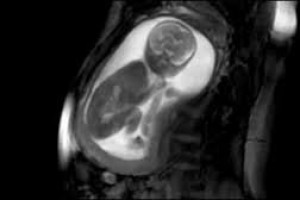Study finds electronic cigarettes damage brain stem cells
A research team at the University of California, Riverside, has found that electronic cigarettes, often targeted to youth and pregnant women, produce a stress response in neural stem cells, which are critical cells in the brain.
A research team at the University of California, Riverside, has found that electronic cigarettes, often targeted to youth and pregnant women, produce a stress response in neural stem cells, which are critical cells in the brain.
Present throughout life, stem cells become specialized cells with more specific functions, such as brain cells, blood cells, or bone. Far more sensitive to stress than the specialized cells they become, stem cells provide a model to study exposure to toxicants, such as cigarette smoke.
Electronic cigarettes, or ECs, are nicotine-delivery devices that aerosolize nicotine and flavor chemicals through heating. Researchers do not yet understand how the chemicals in ECs might affect neural stem cells, particularly their mitochondria -- organelles that serve as the cell's powerhouses and are critical in regulating cell health.
Using cultured mouse neural stem cells, the UC Riverside researchers identified the mechanism underlying EC-induced stem cell toxicity as "stress-induced mitochondrial hyperfusion," or SIMH.
Continue reading here.





Related Posts